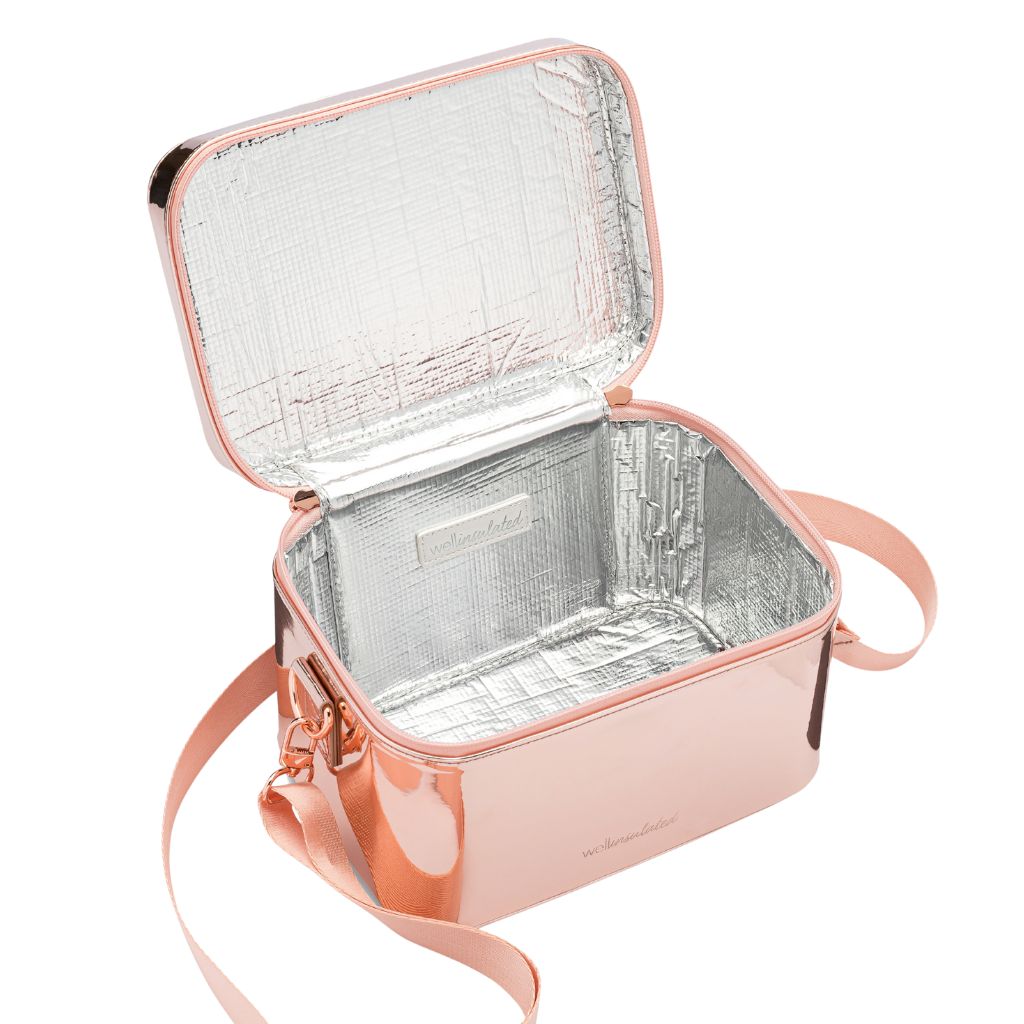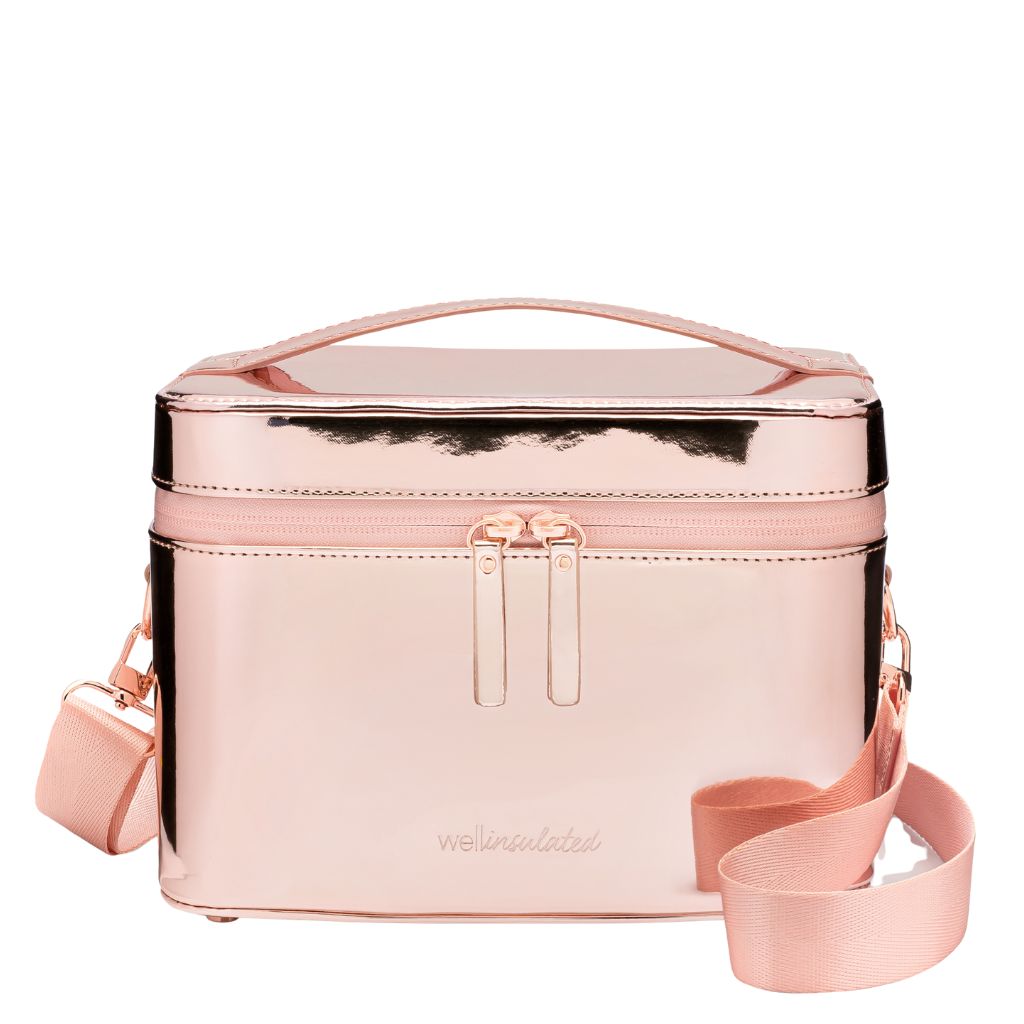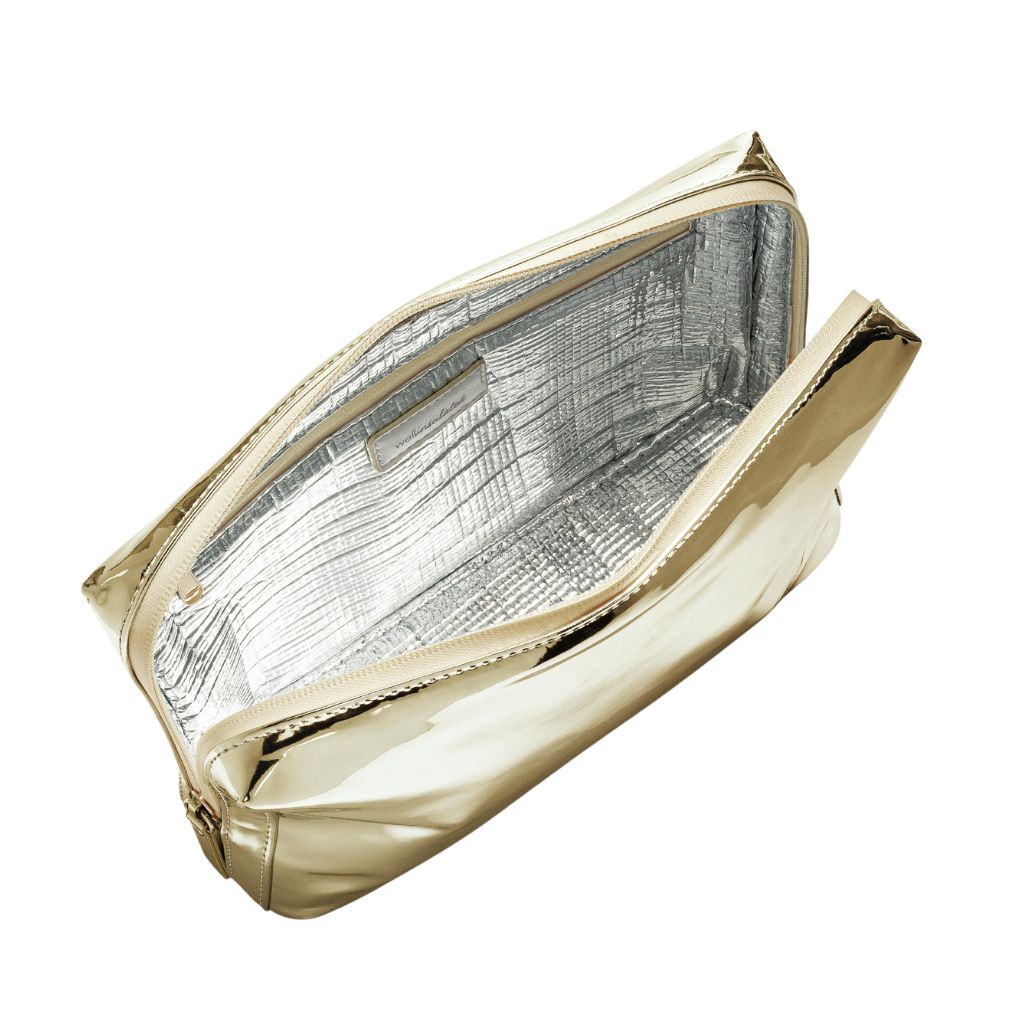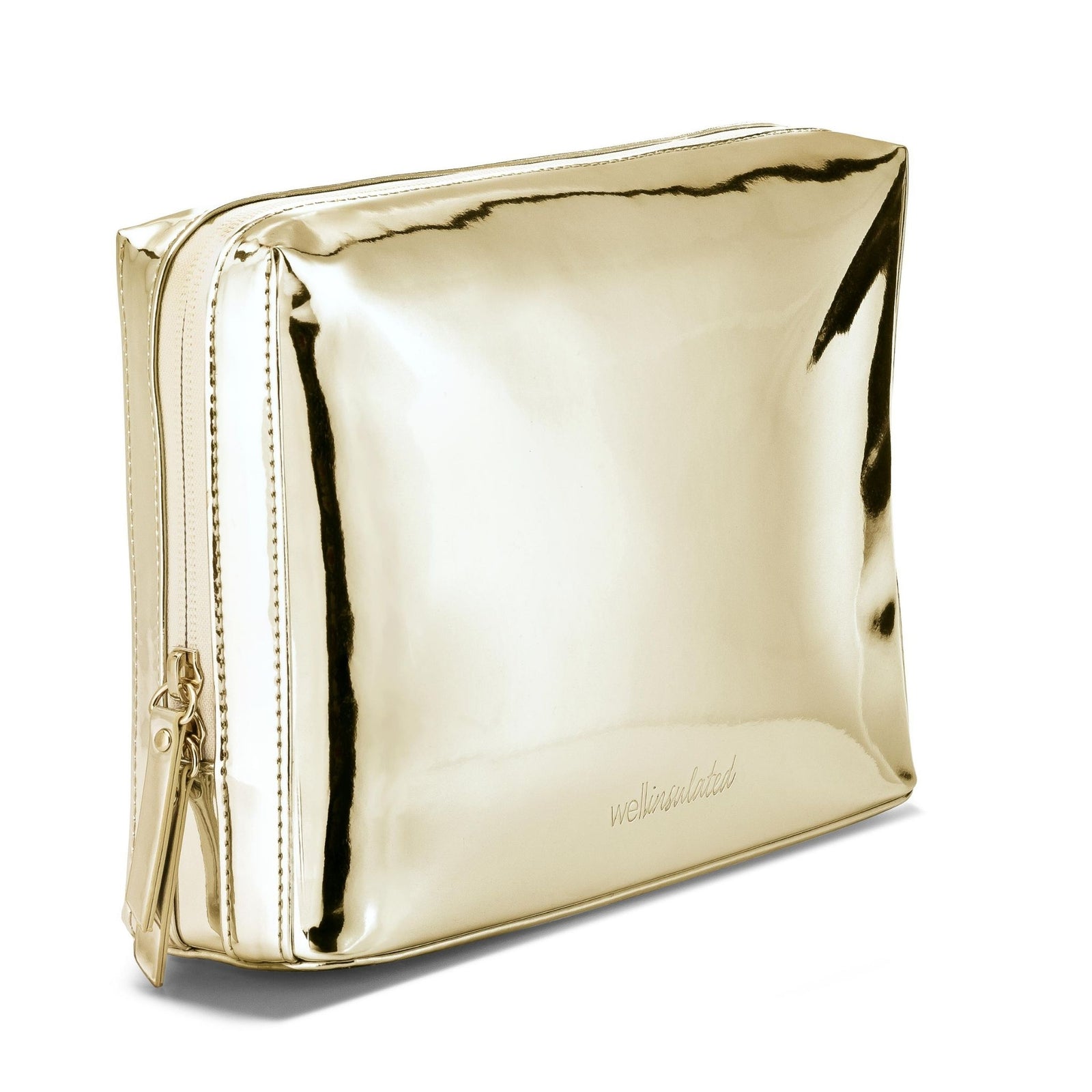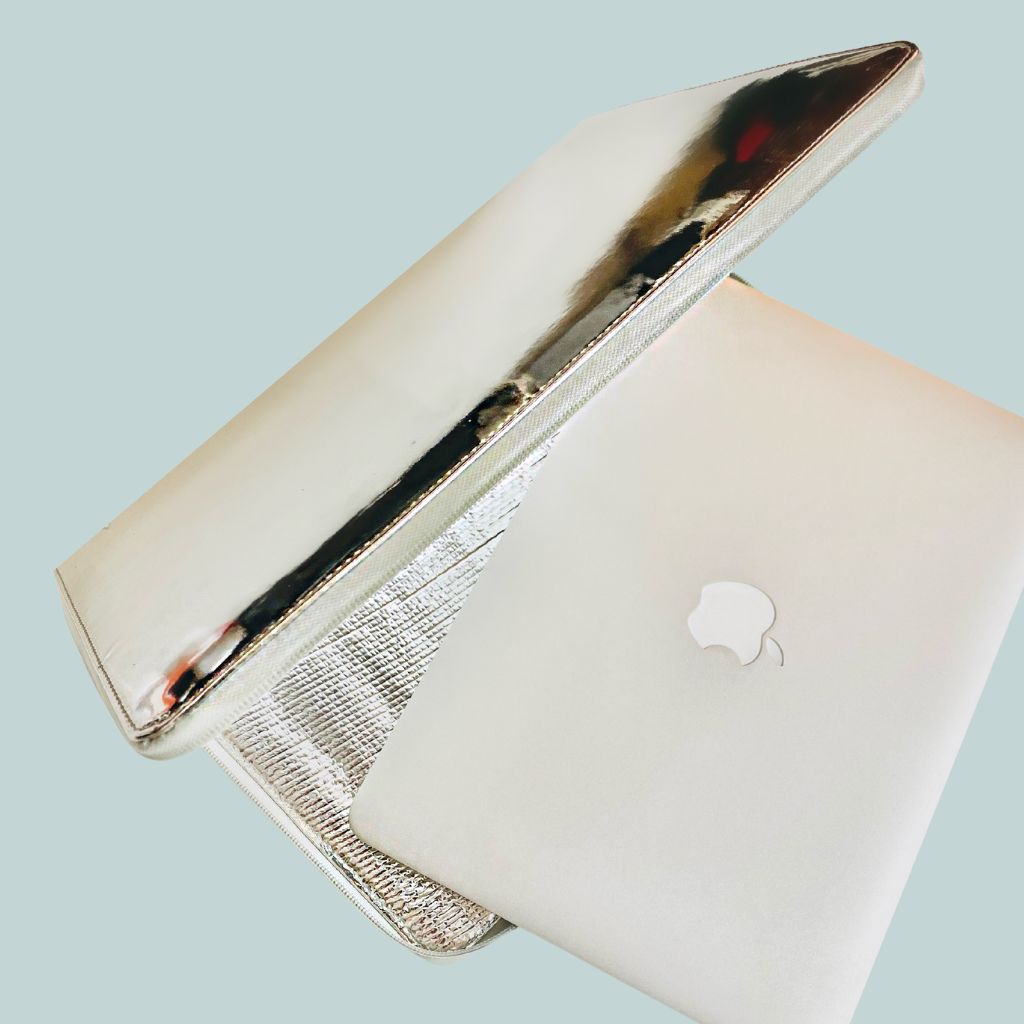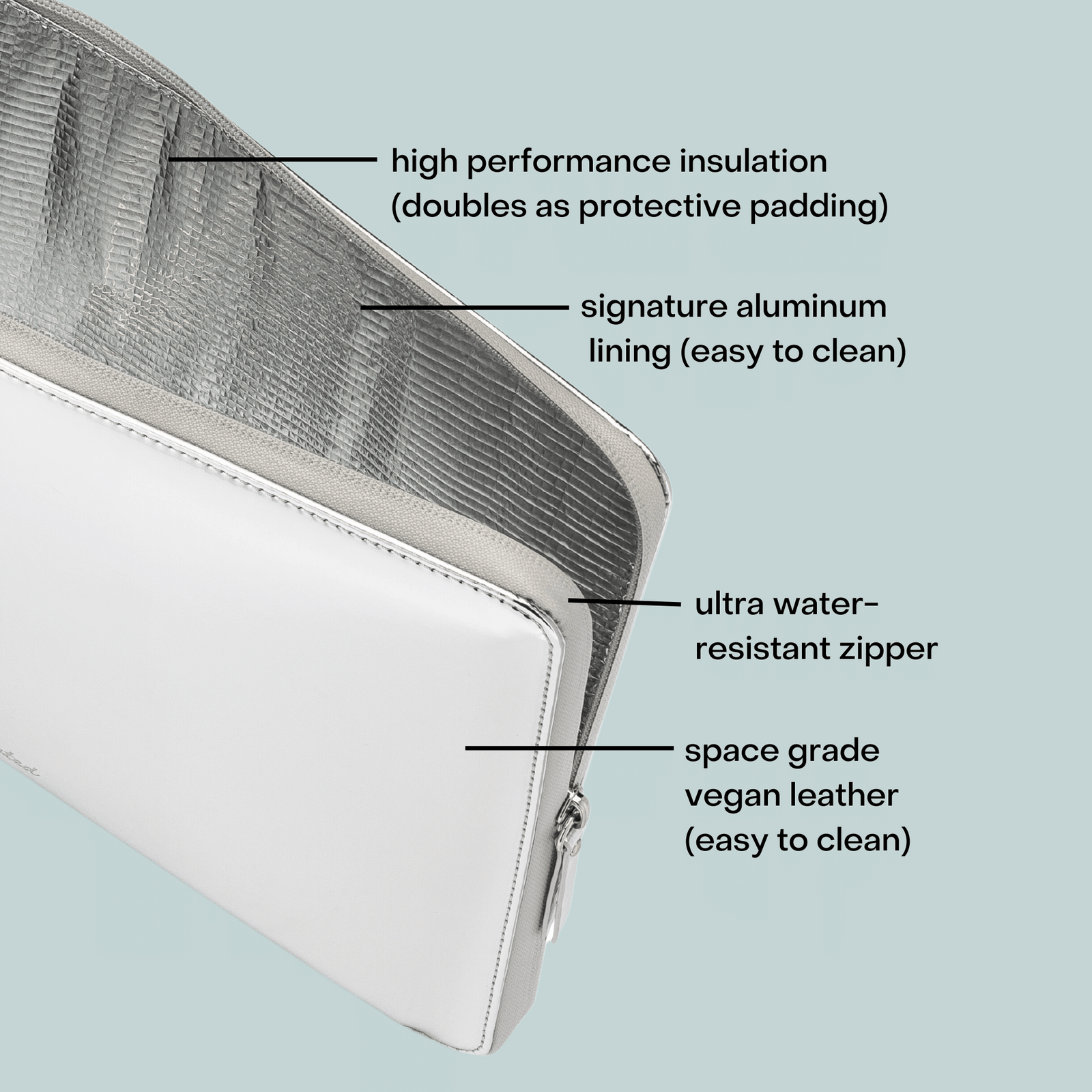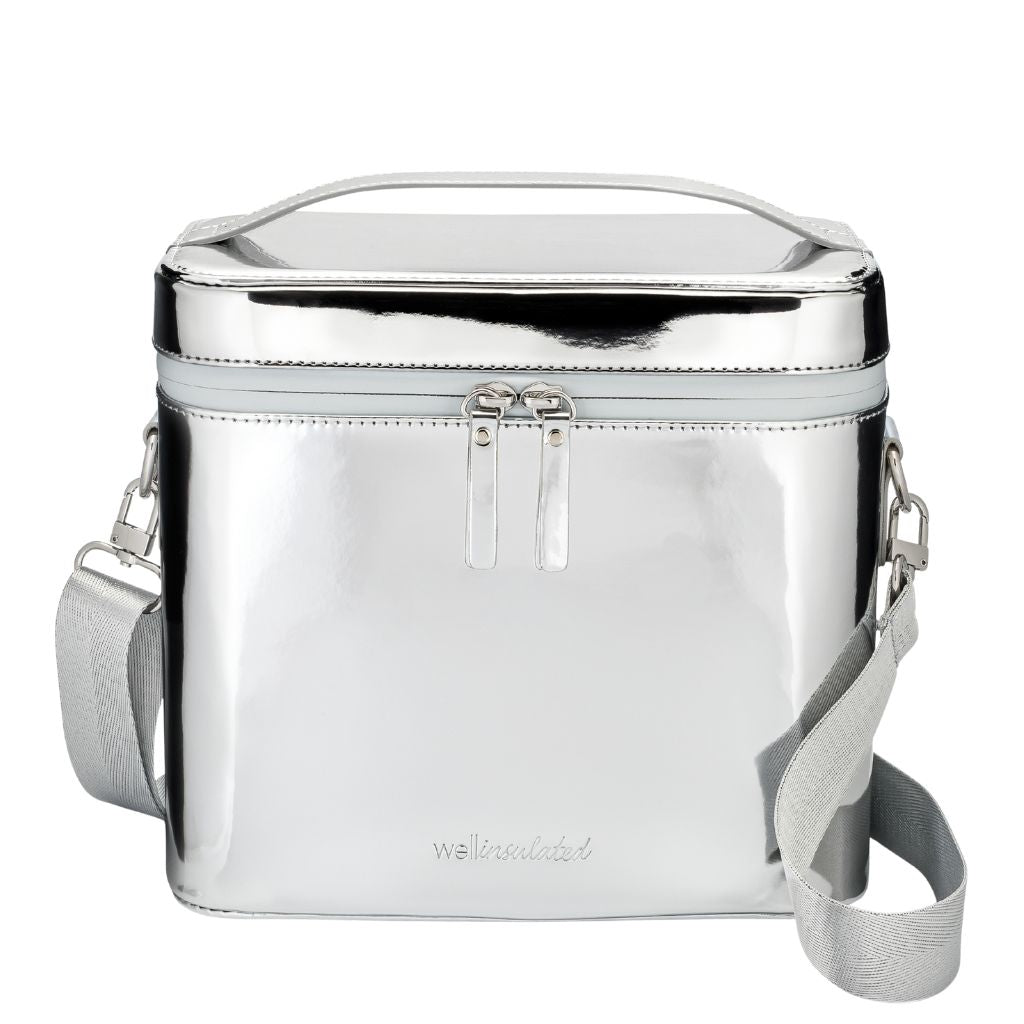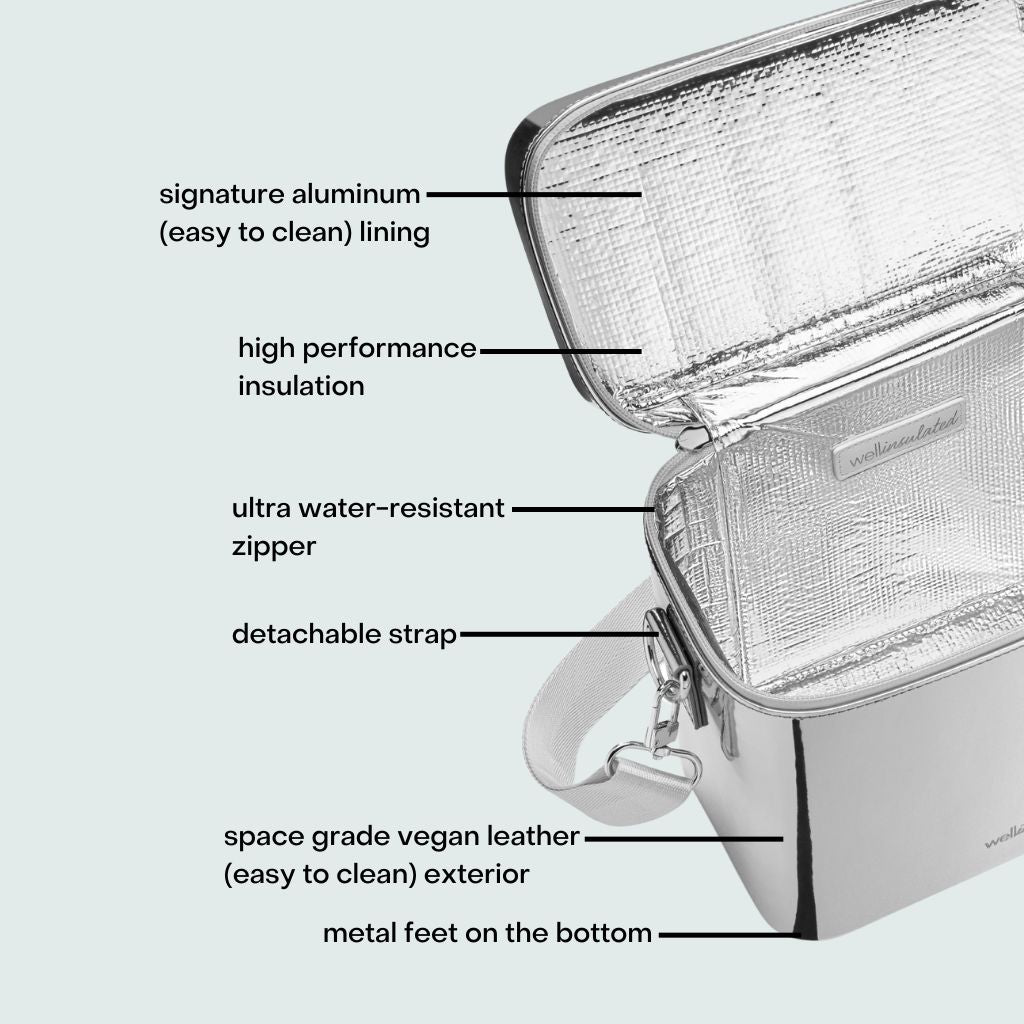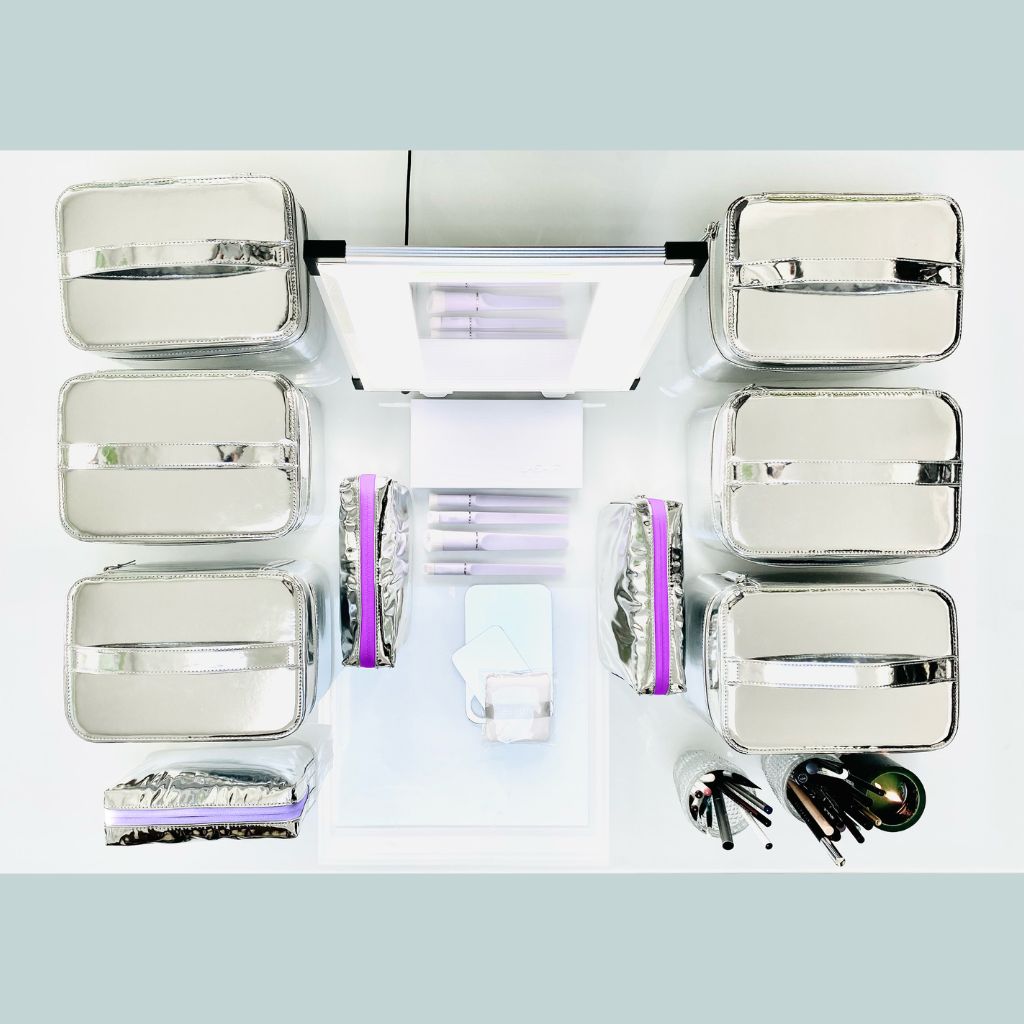If you’ve ever been to a dermatologist, chances they recommended retinoid. Retinoids are vitamin A derivatives (also commonly referred to as retinol, which is the name for over-the-counter formulations). Countless studies demonstrate their ability to not only slow the signs of aging, but to also reverse them. In fact, you’ll have a hard time finding any other anti-aging ingredient that has as much scientific backing.
While retinoids are some of the most powerful anti-aging ingredients – they are also some of the most unstable: exposure to air, light and heat can render them useless. If you're investing the time and money to incorporate retinoids into your routine, follow these tips to make sure you’re protecting your investment properly!
WHERE YOU STORE RETINOIDS MATTERS.
Heat alters "the chemical structure and composition of retinol, making it less biologically active," Gary Fisher, a professor of dermatology at the University of Michigan Medical School tells Allure Magazine. The frequent temperature change from hot steamy showers and buildup of humidity makes the bathroom NOT the ideal place – unless it’s stored in a protective insulated case.
Some brands even advise their retinoids are stored in the fridge to maximize the shelf life. If you do, we recommend keeping it inside your WELLinsulated. When you open the refrigerator door frequently, the humidity levels get very high temporarily and condensation can build quickly on your skincare bottles.
CLICK HERE TO SHOP SKINCARE ORGANIZERS
KEEP IT TIGHLY CLOSED.
When we forget to tightly screw the lid back on our skin care products the exposure to air and light will degrade them quickly. Given the delicate formulation of retinoids, this can cause the active ingredients to become useless. Packaging matters too – look for bottles that are minimize the amount of air that can get in the bottle and make sure the packaging is opaque.
EXPIRATION DATES MATTER.
Most prescription retinoids will have an expiration date printed on the tube. While using an expired products likely won’t do any harm, you aren’t getting the benefits you expect (and paid for). Keep in mind that expiration dates only matter IF the product is stored properly – otherwise expect it to expire sooner. For non-prescription retinols, check for a number and the letter “M”. For example, “12M” indicates that the product will be good for 12 months once opened (if stored properly!).
Unfortunately, there's no easy way to tell when a retinol has expired. "There's no magic indicator, no visible cue, no change in odor—nothing that you can see," says cosmetic chemist Randy Schueller. So take a little extra care and store it in your WELLinsulated to give you peace of mind and maximize the shelf life of your beauty investment.




